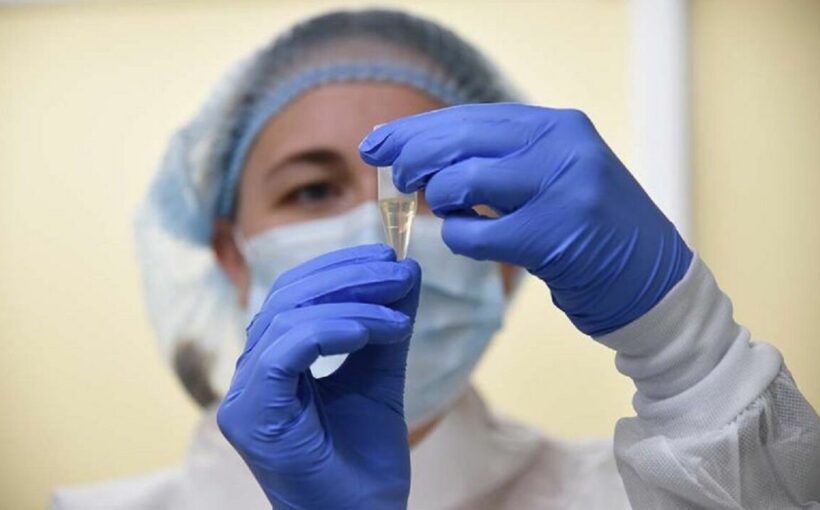We use your sign-up to provide content in ways you’ve consented to and to improve our understanding of you. This may include adverts from us and 3rd parties based on our understanding. You can unsubscribe at any time. More info
All species leave trails in the shape of genetic codes through their DNA, and the company, akin to a nature detective, captures those tiny fingerprint-like fragments. Then by monitoring them and applying its patented technology, it creates rich banks of eDNA (environmental DNA) information that provides hard evidence about what’s going on in our soils and seas.
From bacteria to blue whales, NatureMetrics’ health indicators fill in critical knowledge gaps, data recognised as vital in the fight against climate change and ensuring food security.
As nature becomes the next carbon in terms of data disclosure needs, the company, with labs in Surrey University’s Research Park and in Ontario, Canada, has become the largest specialist of its kind.
For governments, investors, businesses and communities, the data enables them to understand clearly and easily the risks and impacts of their own or others’ actions.
Founded in 2014 by molecular ecologists Dr Kat Bruce and Professor Doug Yu, the company now has 450 clients in 80 countries spanning core sectors such as energy, infrastructure, mining, water, marine and conservation.
“For too long society has been failing nature because we haven’t had the tools to monitor targets,” declares chief executive and biologist Katie Critchlow.
“We’re transforming what used to be a lengthy process, making biodiversity simple.
“Our mission is to transform the scale and accessibility of data and identify how best to protect biodiversity.
“Businesses are not clear about how to achieve this – which is where we step in. Our information can be discussed at boardroom level to drive better decisions.” NatureMetrics is forecasting a £40million plus turnover in 2025 as it creates big landscape level maps.
By evaluating risk, value and impact they can guide restoration and quantify benefits for landowners wanting to gain from improving their natural capital.
With £22m of investment so far, the latest £12.7m round will go into development of a new platform for site-based clients wanting to show how biodiversity is faring under their watch. British miner Anglo American is carrying out an international pilot and a new marine monitoring dashboard will detect invasive species such as the signal crayfish.
Among potential new customers are agricultural commodity buyers, consumer goods producers and investors seeking nature risk data.
“Biodiversity is across the whole tree of life, not just what we see with our eyes,” says Critchlow.
“It’s no longer a tick-box exercise, it’s shooting up agendas.”
naturemetrics.co.uk
Source: Read Full Article

